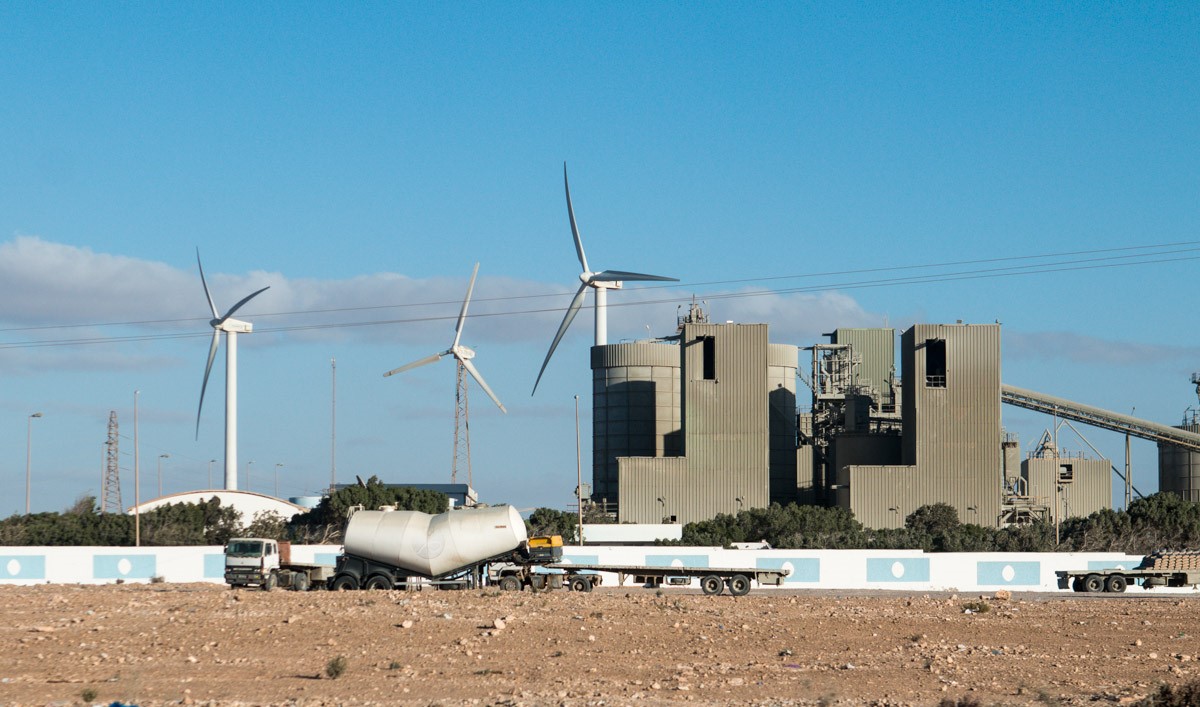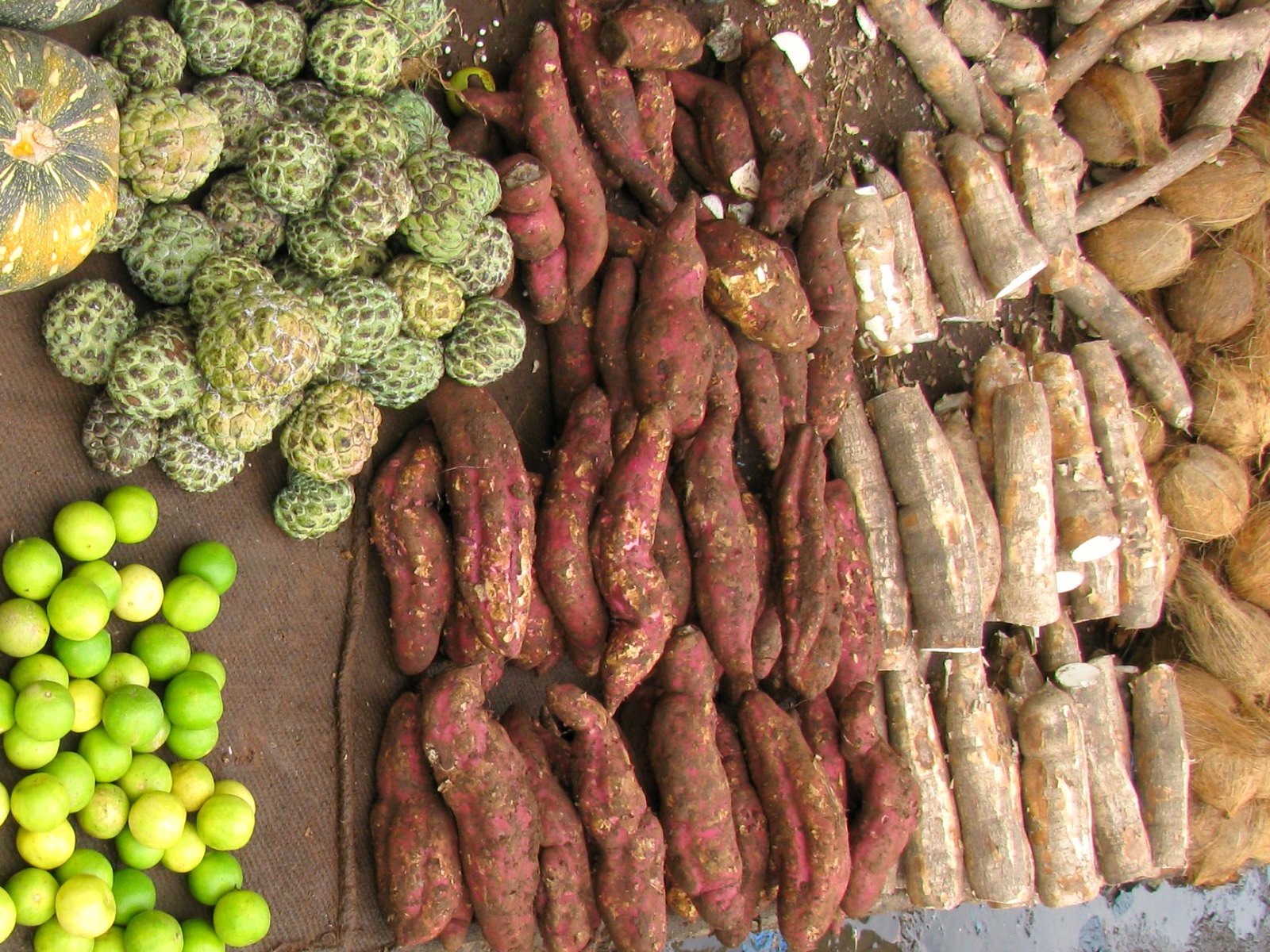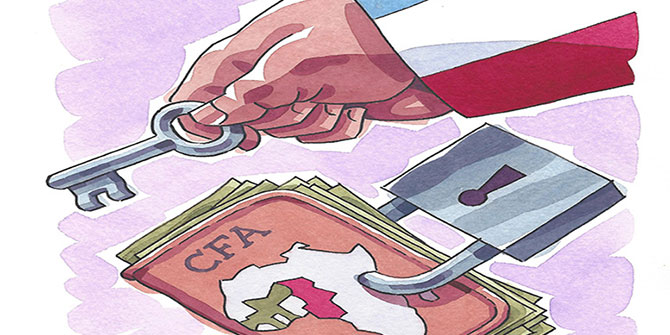A central aim of many studies of African economic history has been why the transition to independence in the middle of the twentieth century did not lead to better economic outcomes. The economic struggles of African countries post-independence are often viewed through the lens of the Cold War. But as Leigh Gardner writes, Liberia’s experiences foreshadowed many of the same problems 50 years earlier.
The end of colonial rule came with high hopes across Africa. Newly enfranchised voters went to the polls believing that independence would usher in a new era of growth and prosperity. These hopes were soon dashed. Independent governments, and the people they governed, found that sovereignty alone was not enough to ensure economic success. Over the next decades, a combination of internal political instability and external pressures led most African countries into a long period of economic shrinking rather than growth.
The history of Liberia foreshadowed many of the challenges faced by newly independent states. Liberia declared its independence in 1847 and has remained independent ever since. While it is often described as a de facto colony of the United States, this characterisation obscures the important ways in which its particular political status shaped its economic development over time.
Money talks
After it declared independence, the Liberian government was quickly recognised diplomatically by Britain and other states. However, it struggled to assert its newfound sovereignty with regard to integration with the global economy. In three key areas; trade and economic policy, monetary policy, and foreign debt, Liberia’s elite had to make complex choices between the assertion of national sovereignty and the access to international trade and markets on which they depended for both their livelihoods and the source of their political power.
These conflicts often led to inconsistent policies. Traditional histories of Liberian trade policy are based primarily on qualitative studies of a set of laws known as the Ports of Entry laws, which restricted overseas trade to a small number of authorised ports. They tell a story of a protectionist regime in the first decades of Liberia’s history: the era of the ‘closed door’ which was eventually displaced by the ‘open door’ policies of presidents from the interwar period onwards. But measures of tariff rates, the standard measure of protectionism, show that Liberia’s tariffs were actually lower than those of its colonised neighbours. This apparent inconsistency reflected the struggles of the Liberian elite between the need to promote national development and their dependence on the proceeds of international trade.
In the area of monetary policy, too, nationalist pressures conflicted with economic priorities. Shortly after independence, the Liberian government issued its own currency, the Liberian dollar. Though nominally pegged to the US dollar, the Liberian dollar was an unbacked paper currency which depreciated whenever the government printed more in response to fiscal crises, which it frequently did. This depreciation undermined the ability of the government to service foreign debt, and of elites to purchase imports. As a result, by the late nineteenth century, both the elites and the government had begun to substitute British sterling for the Liberian dollar. When sterling was replaced by the US dollar in 1943, it began Liberia’s long experience of dollarisation which continues to this day.
Foreign debt was another area in which Liberia’s formal sovereignty was often constrained. Liberia raised its first loan on the London financial market in 1871, to develop infrastructure. The loan could only be raised on very poor terms – with a high interest rate, short maturity, and a steep discount such that the amount of cash raised was only around half of the debt accrued. Default almost inevitably followed in 1875. Liberia returned to the market in 1906, but could only borrow again on the condition that two British officials take over the collection of customs tariffs. Such “super-sanctions” were common amongst independent countries during the first period of financial globalisation in the late nineteenth and early twentieth centuries. In Liberia, they were extended in 1912 when a further loan required the creation of a customs receivership and foreign management of the Frontier Force. In 1926, control of customs was expanded to include virtually all sources of central government revenue.
As in many other parts of the world, the super sanctions were ostensibly intended to improve governance as well as reduce the likelihood of default. But they often had a range of unintended consequences. The use of Liberia’s tax revenue for debt servicing and collateral left the government frequently unable to pay civil servants wages or meet other basic obligations. New sources of tax revenue were thus required and the strategy was to decentralise revenue collections to the local level. These were often in-kind, in the form of seized crops or forced labour, and were not well regulated.
The expansion of this system was documented by a 1930 League of Nations Commission investigating the use of forced labour in Liberia. The Commission’s findings – that the use of forced labour was widespread, and supported by the Liberian government – became a major international scandal. In response, there were debates among members of the League about establishing a mandate over Liberia, threatening its sovereignty.
Back to the future
Liberia’s early experience in trade and economic policy, monetary policy, and foreign debt, foreshadowed many of the dilemmas and crises facing other African countries after independence. Questions about how to interact with global markets remained fraught subjects of debate. Many countries adopted policies of protectionism and nationalisation to develop local industries and break from what was perceived as the exploitation of the colonial era, while others tried to attract foreign investment either from their former colonisers or the rising economic powers on either side of the Cold War divide.
In monetary policy, newly independent governments faced the same dilemma between the exchange rate stability provided by colonial-era currency regimes, and the opportunities for fiscal management and political signaling that came with the creation of national currencies. Here, the divide was often between former British colonies which for the most part created new currencies managed by central banks, and most (though not all) of the former French colonies, which remained within the CFA franc zone. There are also many stories of the unanticipated consequences of conditional lending that emerge from the structural adjustment programmes of the 1980s and 1990s.
The focus of African economic historians on the operation of formal colonial regimes has led to an under-appreciation of the diversity of experiences on the continent, particularly regarding the relationship between power and economic development. The challenges and opportunities of the post-independence period are often analysed as part of the story of the Cold War. But the parallels with Liberia’s history suggest more persistent questions about the exercise of economic sovereignty by African governments.
Professor Leigh Gardner’s new book Sovereignty without Power: Liberia in the Age of Empires, 1822-1980 is available now from Cambridge University Press.
Photo credit: Wikicommons used with permission CC BY-SA 4.0





